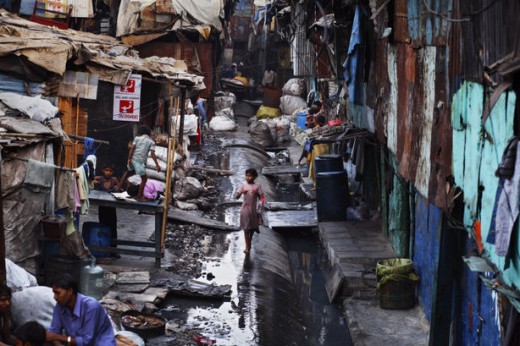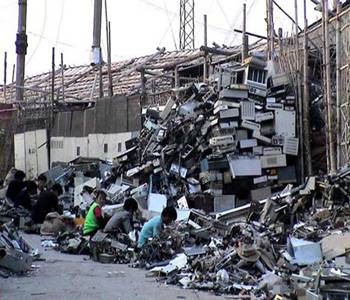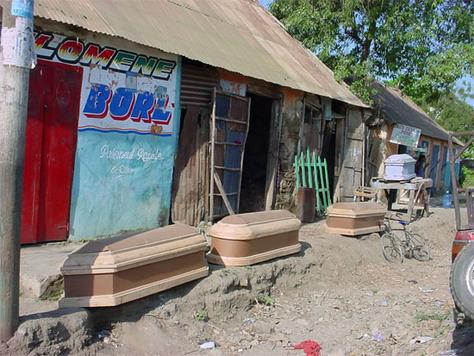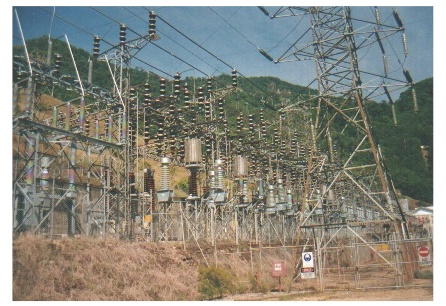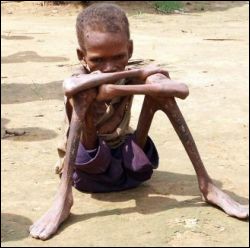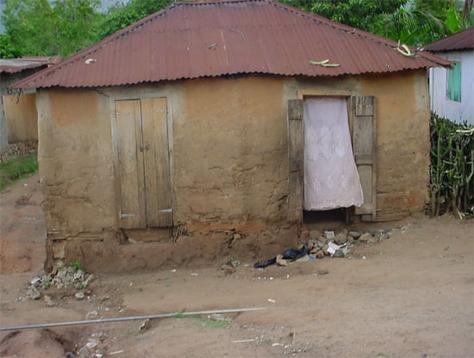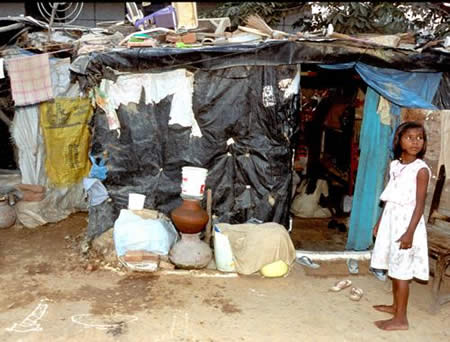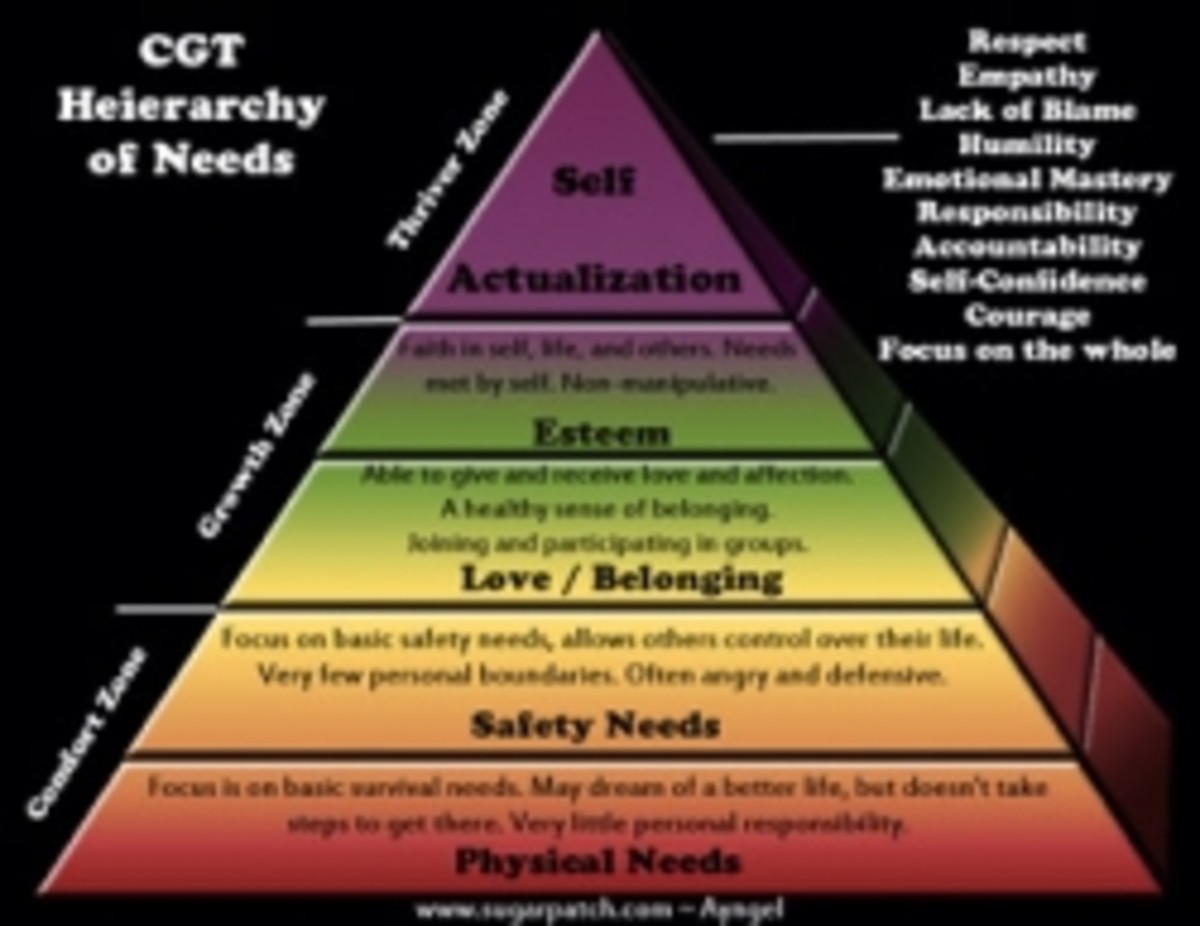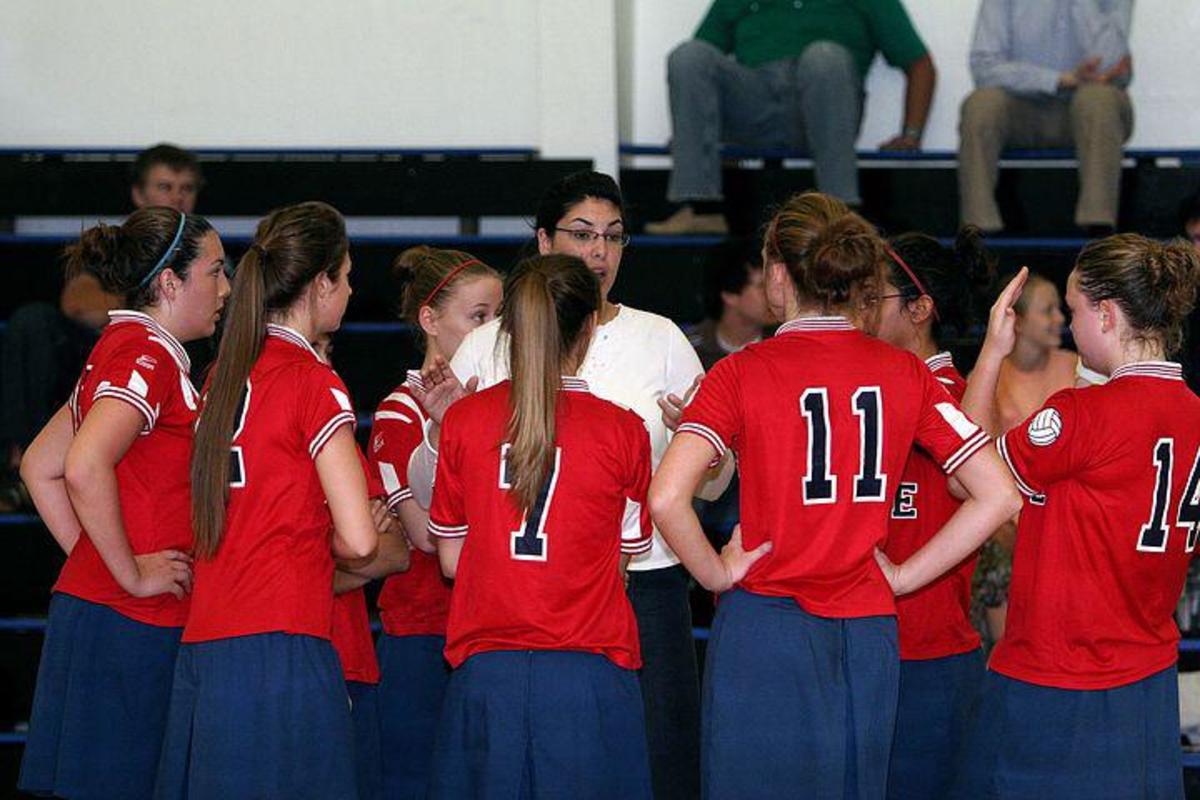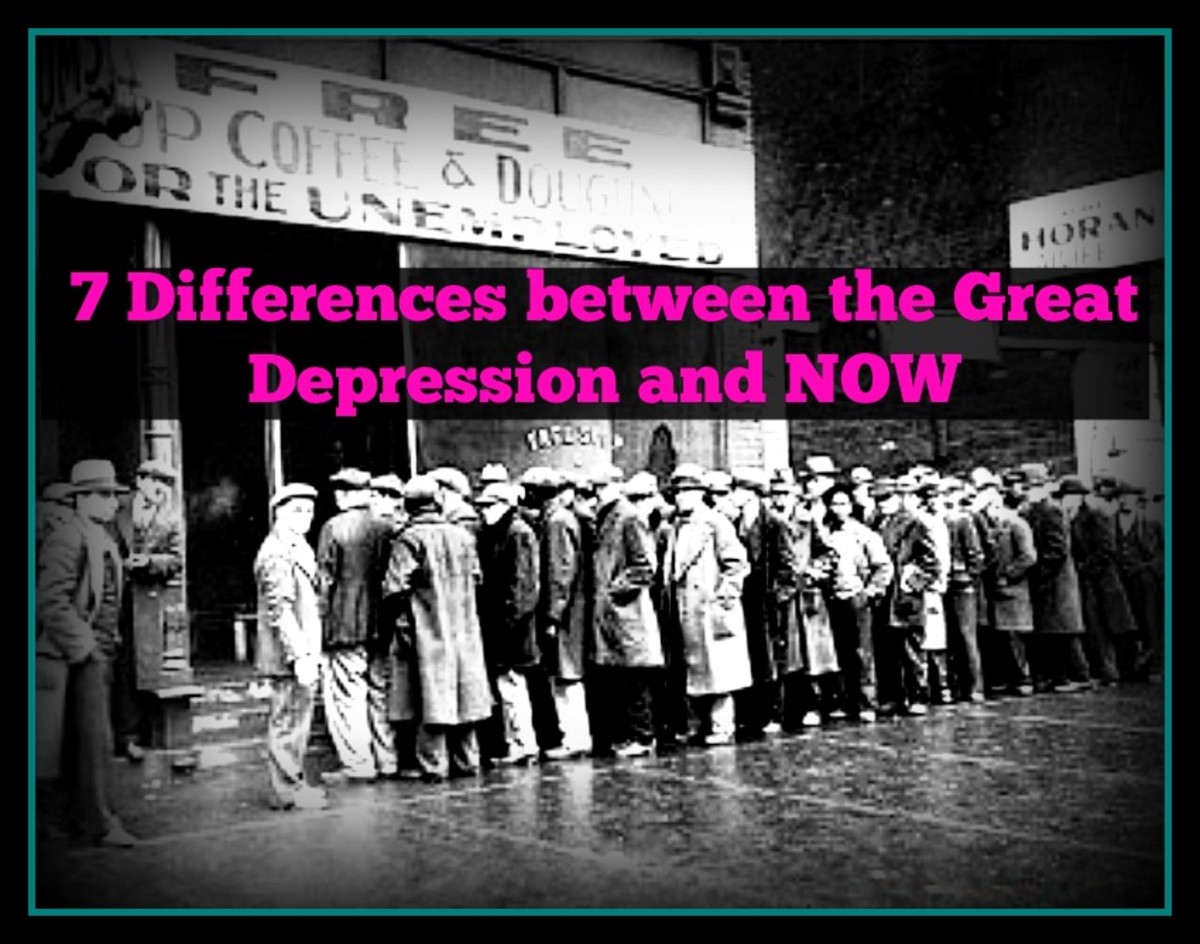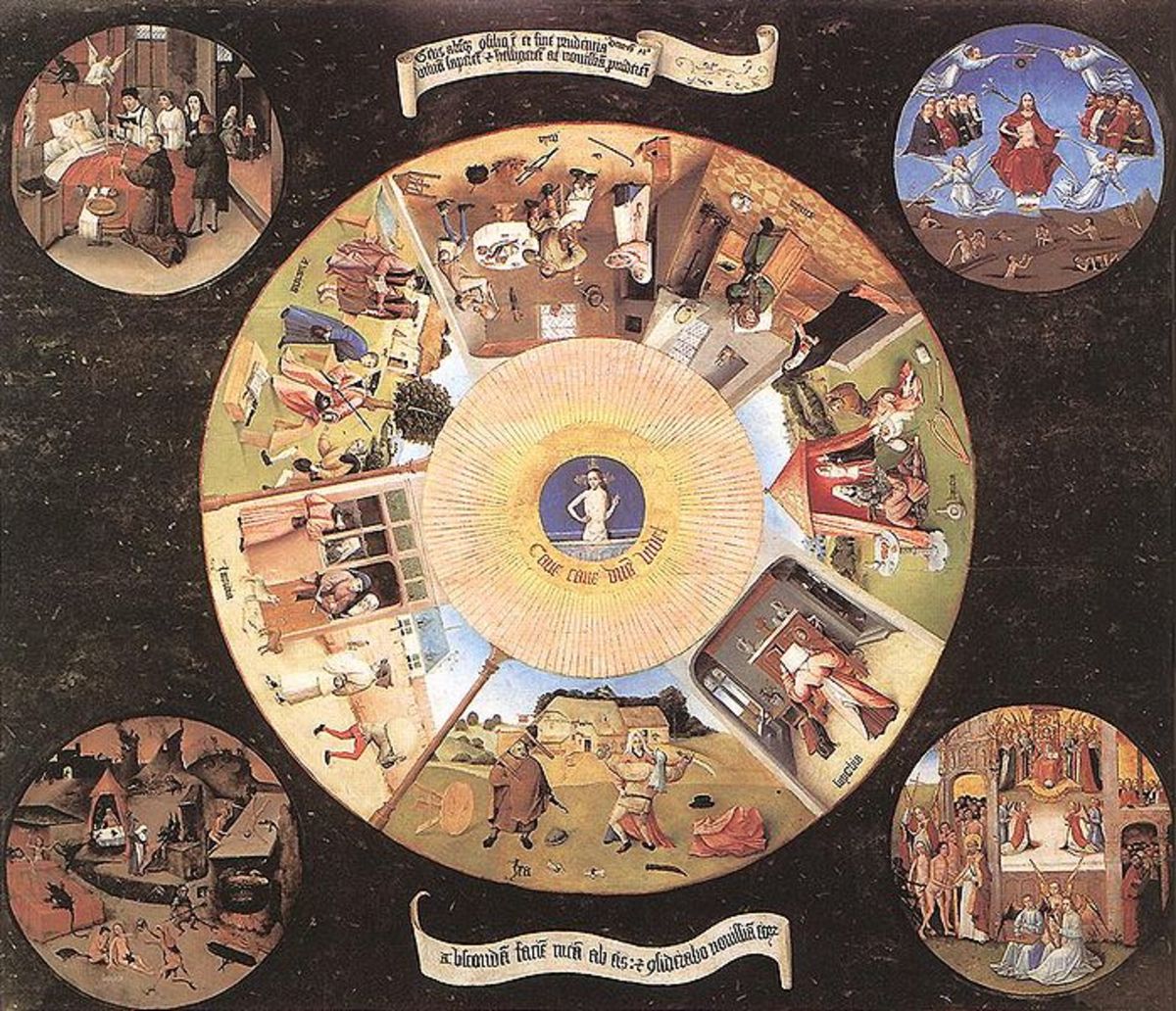What to Recognize And How to Prioritize During A Recession
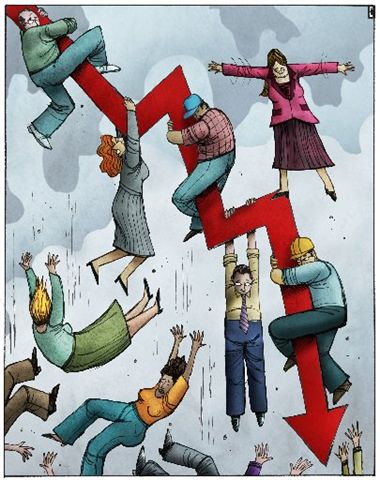
Someone else’s lifestyle
The other evening, I saw yet another example of someone who had been in the upper echelon of society, now crying and whining about having less than. She was crying about how hard she worked to get into that arena, and now, she and her husband were barely making the bills because she was the main breadwinner, and she had been laid off. This woman was making close to 100k when this happened, and now she’s struggling. What she and many fail to recognize is that the reason for their struggling is because of envy and greed.
Why do I say envy? She admitted that she had been working so hard to get to a level above middle class, and now all her dreams were destroyed. It was very apparent that “having more” was a big deal to her. It was also apparent that she was also looking for acceptance by a certain sector of society, and had been pushing towards that. Envy happens when we want something someone else has; when we are not satisfied with what we have (greed) and when we fail to be grateful.
The main problem with this woman and most people in similar situations, is that they have a perspective problem. The second problem is that they have been attempting to be someone they are not, and so they have put themselves in unbelievable debt trying to live in someone else’s lifestyle.
What Life Is Really Like For Most Of The World
Click thumbnail to view full-size






Are You A Writer?
If you are interested in making money online while writing? Hubpages is a great community to write in!
Perspective
Here’s the perspective problem: Person #1 has a house that is too
large and they can no longer afford it. Among the main bills they
pay is for electricity, clean running water, sewage and garbage
disposal, and whatever they spend for food for the family. This person
also has a lot of excess bills from things like cable TV, one or more
new cars, and a very charged up credit card from multitude of
unnecessary spending for things to impress people. This person is
distressed because they have to let go of some of their luxuries, and
fails to see how blessed they really are.
Person #2 has a mud
and thatched hut. The woman of the house has to walk 5 miles daily just
to get water for the house from a river that is used by animals who
walk through it, drink it, and defecate in it. She has walk another
ever widening circle of five miles or more just to get sticks for a
fire to boil this water to be able to have drinking water and water to
cook with. There are no restaurants of any sort.
There’s no
electricity of any sort either. No infrastructure. No phones,
computers, or cars, but this person’s family is happy because they have
family and friends that live in the same encampment with them. They are
happy when they get a good meal, and clothes donated for them.
You see, person #2 is not so caught up in their personal importance and identity in society. Their focus is on sustaining their lives, and they realize that if they have the basic necessities met, they are blessed indeed, because many don’t have even that.
Recognize
What does person #1 need to know that they don’t seem to recognize? That knowledge was made famous by Abraham Maslow in his 1943 paper A Theory of Human Motivation. “Maslow's hierarchy of needs is predetermined in order of importance. It is often depicted as a pyramid consisting of five levels: the lowest level is associated with physiological needs, while the uppermost level is associated with self-actualization needs, particularly those related to identity and purpose.
Deficiency needs must be met first. Once these are met, seeking to satisfy growth needs drives personal growth. The higher needs in this hierarchy only come into focus when the lower needs in the pyramid are met. Once an individual has moved upwards to the next level, needs in the lower level will no longer be prioritized.
If a lower set of needs is no longer being met, the individual will temporarily re-prioritize those needs by focusing attention on the unfulfilled needs, but will not permanently regress to the lower level. For instance, a businessman at the esteem level who is diagnosed with cancer will spend a great deal of time concentrating on his health (physiological needs), but will continue to value his work performance (esteem needs) and will likely return to work during periods of remission.
Maslow's Hierarchy of Needs
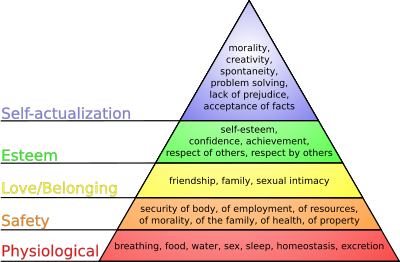
Recommended Reading For A Reality Check
Physiological Needs
Most people in the world count their blessings just to be able to have everything on the physiological level - the basic necessities. Yet there are people here that have recently lost the self-actualization level, or the esteem level, and they are putting themselves through so much drama. It’s just much ado about nothing because they fail to look at what they do have. There are three more levels left, and they still have them. Even if they lose their employment in the safety zone, if your basic necessities are being met, you still have nothing to complain about, because there are people who are doing worse, and don’t have even that.
Maslow talks about “Deficiency needs,” or "D-needs" and describes them as the lower four layers of the pyramid: physiological, safety and security, love and belonging, and esteem.”
“For the most part, physiological needs are obvious - they are the literal requirements for human survival. If these requirements are not met (with the exception of sex), the human body simply cannot continue to function.
Physiological needs include:
* Breathing
* Homeostasis
* Water
* Sleep
* Food
* Excretion
* Sex
* Clothing
* Shelter
Safety needs
With their physical needs relatively satisfied, the individual's safety needs take over and dominate their behavior. These needs have to do with people's yearning for a predictable, orderly world in which injustice and inconsistency are under control, the familiar frequent and the unfamiliar rare. In the world of work, these safety needs manifest themselves in such things as a preference for job security, grievance procedures for protecting the individual from unilateral authority, savings accounts, insurance policies, and the like.
For the most part, physiological and safety needs are reasonably well satisfied in the "First World." The obvious exceptions, of course, are people outside the mainstream — the poor and the disadvantaged. If frustration has not led to apathy and weakness, such people still struggle to satisfy the basic physiological and safety needs. They are primarily concerned with survival: obtaining adequate food, clothing, shelter, and seeking justice from the dominant societal groups.
Safety and Security needs include:
* Personal security
* Financial security
* Health and well-being
* Safety net against accidents/illness and the adverse impacts” Wikipedia
True Wealth
The battle some people complain about to fulfill their dreams of
self-actualization, does not supersede the battle some face just to get
the physiological needs met, and honestly, if any of us in this country
had to face that battle, would we then appreciate losing just at the
self-actualization or esteem level? Do we have to keep up with the
Joneses? Is being rich really the most important thing?
Can you
really believe that wealth in this world is represented by material
goods versus the ability to have the basic necessities of life to
provide for you and yours? Having the love of family and friends...is
that not true wealth?
Prioritize Properly
Perhaps the problem lies in the fact that too many have put their faith in riches and thought their security was found in that. Change is good. Despite what many think currently. The problems develop when we get too comfortable and complacent. Change is inevitable, and therefore, holding on to material things and societal issues of status is like trying to hold on to dust in the wind.
This economic upheaval was necessary because too many people just presume that just because we’ve had it so good in this country for so long; that it will always be that way. They have forgotten about the great depression our grandparents or great grandparents faced, and have ignored the lessons from it.
Many that have achieved monetary rewards for success in their careers, have developed an overpriced lifestyle that they based on the false idea of job security. Now, that job security is at risk, and they can’t manage because they’ve built their house on the sand...credit. Theirs is a crumbling house which they need to learn to properly manage.
What Maslow teaches us is to prioritize properly. By ignoring the lower levels as one is elevated in success or wealth, and focusing on non-essentials, one’s priorities readjust, and they forget the basic necessities in favor of trivial luxuries. Then when economic factors affect their ability to maintain those luxuries, they cry and complain as if they have lost the basic necessities.
Wisdom would dictate that people stop holding on to things that equate to shifting sand, and find a firmer source of comfort and security. My suggestion? Try God.


